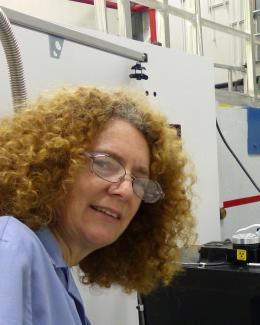Abstract
Solar‐thermal driven desalination based on porous carbon materials has promise for fresh water production. Exploration of high‐efficiency solar desalination devices has not solved issues for practical application, namely complicated fabrication, cost‐effectiveness, and scalability. Here, direct solar‐thermal carbon distillation (DS‐CD) tubular devices are introduced that have a facile fabrication process, are scalable, and use an inexpensive but efficient microporous graphite foam coated with carbon nanoparticle and superhydrophobic materials. The “black” composite foam serving as a solar light absorber heats up salt water effectively to produce fresh water vapor, and the superhydrophobic surface of the foam traps the liquid feed in the device. Two proof‐of‐principle distillation systems are adopted, i.e., solar still and membrane distillation and the fabricated devices are evaluated for direct solar desalination efficiency. For the solar still, nanoparticle and fluorosilane coatings on the porous surface increase the solar energy absorbance, resulting in a solar‐steam generation efficiency of 64% from simulated seawater at 1 sun. The membrane distillation demonstrates excellent vapor production (≈6.6 kg m‐2 h‐1) with >99.5% salt rejection under simulated 3 sun solar‐thermal irradiation. Unlike traditional solar desalination, the adaptable DS‐CD can easily be scaled up to larger systems such as high‐temperature tubular modules, presenting a promising solution for solar‐energy‐driven desalination.







